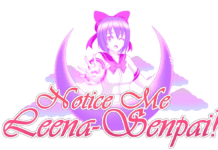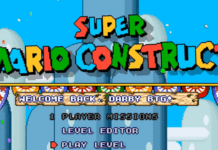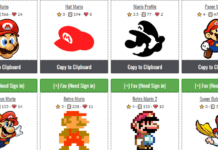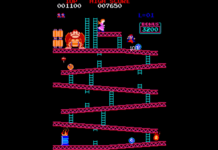The next generation of consoles is merely a few weeks from launching and there’s a lot to be excited about. Higher graphical fidelity, near-instant loading, higher resolutions and frame rates as well as a host of improvements to other aspects such as user interfaces, haptic feedback and content creation.
Both Sony and Xbox along with their partners are showing a willingness to bridge the gap between the current generation consoles and the next by making it easy for gamers to get free upgraded versions of their games. Let’s not forget backwards compatibility as well. It’s not all roses and sunshine, however.
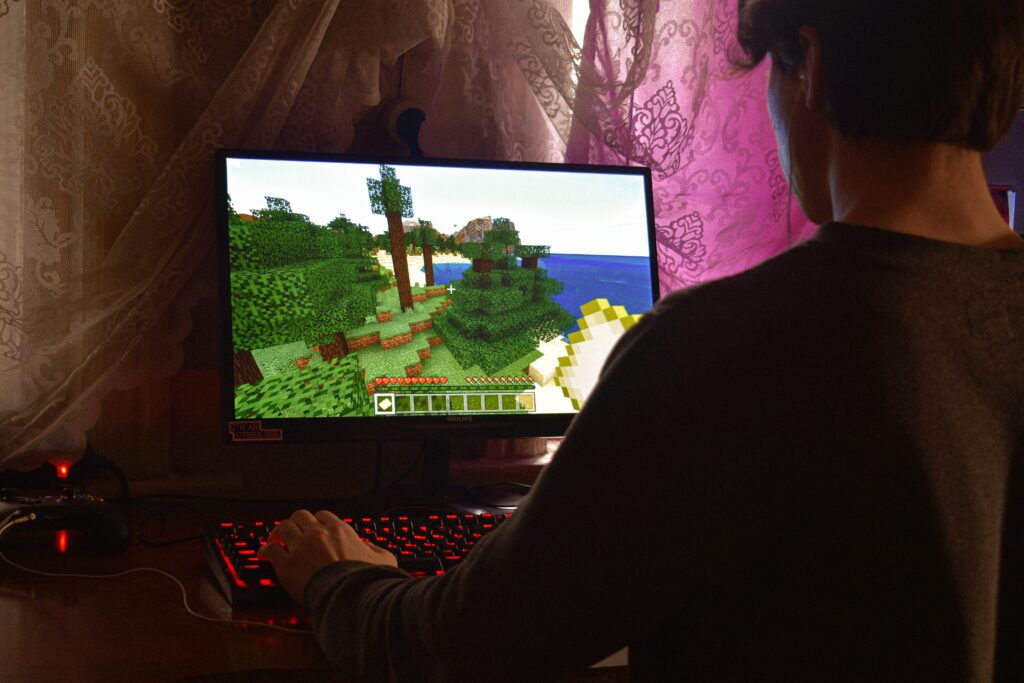
Several studios and publishers, such as Ubisoft and 2K Games, have revealed that some of the titles they’re making for the PS5 and Xbox Series X will be getting a bump in their asking prices. That’s right — the long-standing $60 price tag we’ve been used to for the past couple of console generations will be raised to $70. Pricier games aren’t anything new by any stretch. The Nintendo Switch eShop is notorious for imposing the so-called “Nintendo Tax” on multiplatform games. A lot have argued that a price increase was long overdue citing earlier generation titles being pricier than $60 decades ago.
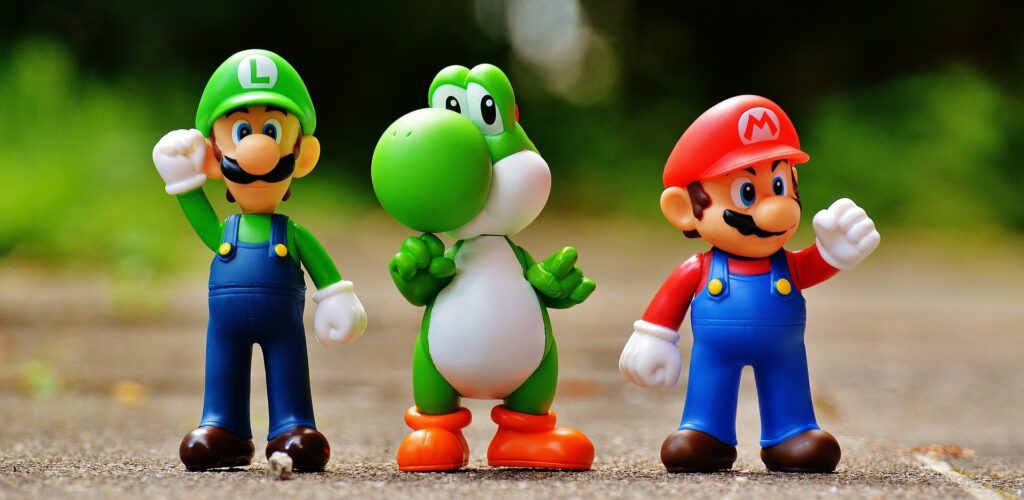
For some, it’s also been a beacon of hope that a price increase would herald the end of the nickel-and-diming of microtransactions (fat chance that’s happening but we can hope). The perspectives are plentiful on this matter but the reality is quite simple. Games are getting more and more expensive to make and that’s partially on us as consumers. We want better graphics, more features and an abundance of content for our money.
A price increase doesn’t seem outside of the realm of reason. But $70 is a lot of money for a product that may or may not end up satisfying its buyer. It’s with this in mind that the possibility of digital game rentals may actually become a thing in the future.

This premise isn’t anything new, mind. Some movie and TV show streaming platforms like Amazon offer several ways of distributing content, including temporary access; a.k.a. renting. On Amazon specifically, if a show or film isn’t available on Prime subscription, it’s more than likely obtainable either by purchasing it outright or renting it for a short period of time. It wouldn’t be a completely out-there possibility that we could see Nintendo Switch game rentals, for instance. The benefits to the consumer are obvious enough but what about the studios and publishers?
Rentals don’t have to necessarily lock the user out once their time is up. Instead, a rented game can notify the player that they’re running out of time and that they need to extend their access. This is where the option to extend or outright buy the game could come into play. If you weren’t sure at first that you would enjoy that Nintendo Switch game rental that just came out, but after a few hours you’ve fallen in love, then you may choose to pay the full price and own it for years to come. If this is starting to sound like paying for a demo, then you’re right. It is, and again, that’s nothing new.
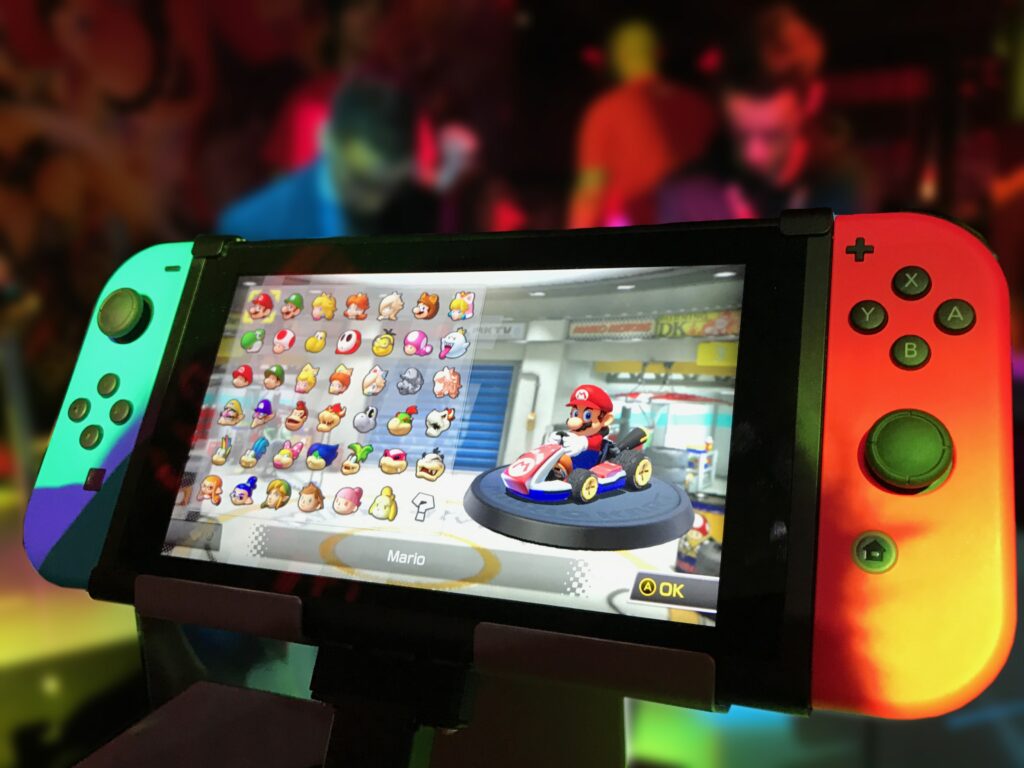
Back in the “No Internet” dark ages, we used to rent movies from these brick-and-mortar places called video stores or video clubs. Some of these places even sold fresh copies. It was quite usual for people who really enjoyed a movie they rented to then go and buy a copy of their own. This concept does also solve another publisher headache which is the dilemma of releasing a demo at the risk of people not buying it. Rentals at the very least enable companies to make something back.

If I’m sounding like I’m advocating for the money-grubbing companies here, let me put it this way — being able to rent a game is something that a lot of us would want to do if it meant playing a game for way less than $70. It’s these companies that need to see a benefit for themselves in order to offer such an option.
The final nail that buries this idea is the existence of a service that is way better: the Xbox Game Pass. For a single monthly fee, it gives you unlimited access to over a hundred games and the library keeps growing. The problem with Game Pass is that it’s only on Xbox and PC with the latter being several titles short of the former.
You can’t get Minecraft, for instance, on PC Game Pass. It’s also not a service that targets the casual gamer who may have limited time to spend on gaming. Rentals give such gamers the option to try out a game for a short period. It’s another option that doesn’t seem to have much of a drawback for studios and publishers.
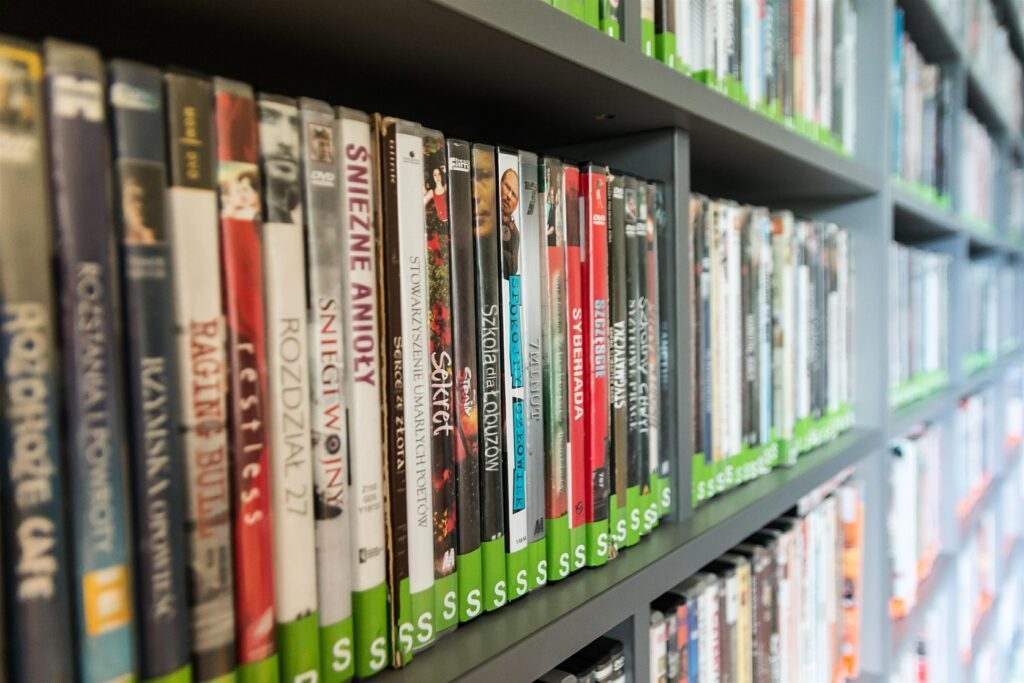
Either way, the $70 price tag is a big deal and gaming has always been a rather expensive hobby. It will be interesting to see how the market evolves with this new price bump.
PUBG, Fortnite, Whatever-Game fanatic. Food evangelist. Internet ninja. Friendly communicator. Twitter fan. Zombie fanatic.



![[16.01.2024] Leena-Senpai’s Update](https://gamepleton.com/wp-content/uploads/2024/01/image-218x150.png)

